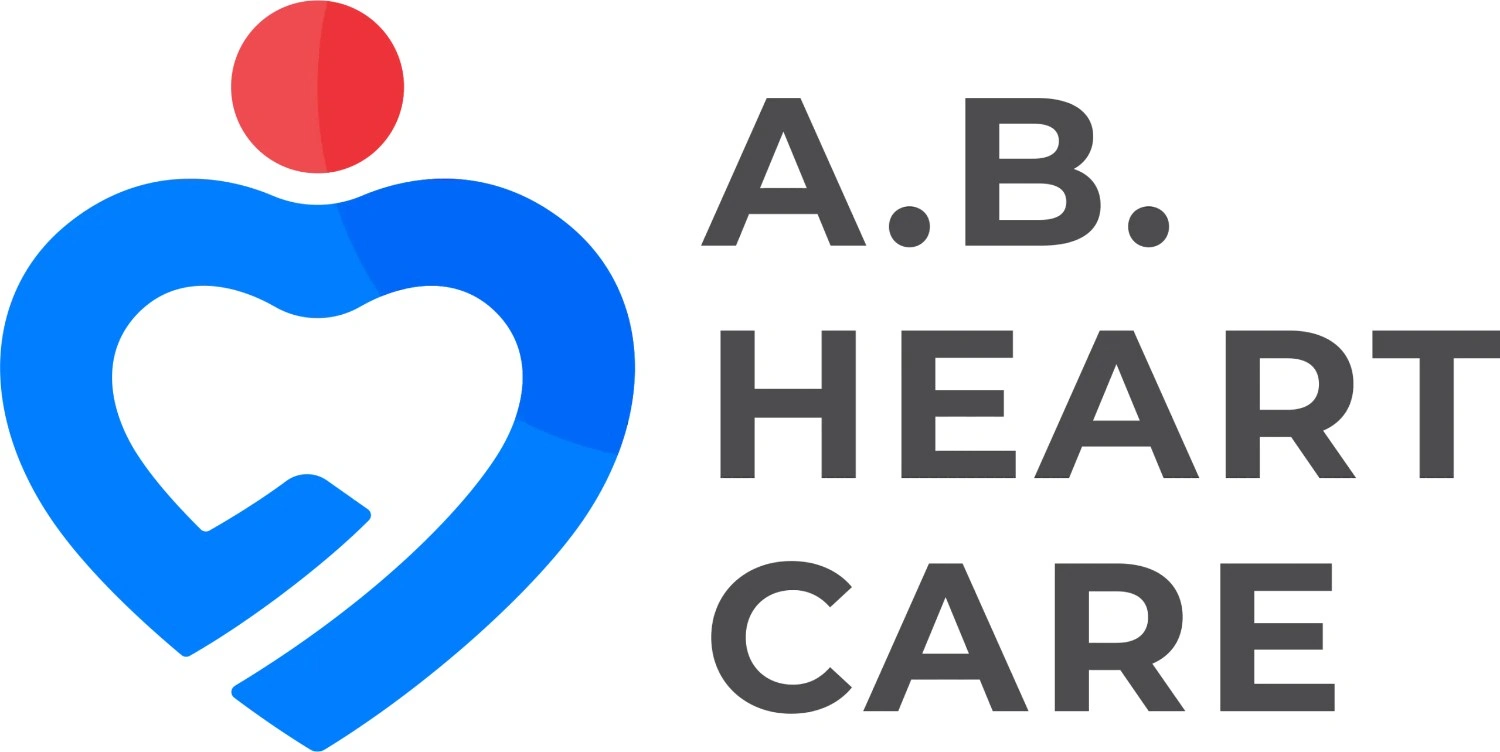Cardiologist Surgeon – A doctor who specialises in surgical procedures for the heart, lungs and other organs in the chest is a cardiothoracic surgeon. This involves cardiac surgeons, lung surgeons, general thoracic surgeons, and congenital heart surgeons.
Cardiothoracic surgeons will graduate from medical school and continue to either complete a 3-year residency for general surgery followed by 3-year residency program for cardiothoracic surgery or enter a 6-year residency for integrated cardiothoracic surgery.
Before accepting for surgical procedure, he
- Evaluates the medical history of a patient and educates the patient on his or her condition, including surgical and aftercare treatment.
- Conducts a physical test including an examination of blood pressure and vital signs, weight, and heart, lung, and blood vessel health
- Orders and interprets samples for laboratory and imaging and prescribes medicines
- Acute and chronic diseases and disorders that affect the heart and large blood vessels are diagnosed.
- Cardiac surgery, including open and minimally invasive heart surgery options
- Diagnostic processes such as EKG, echocardiogram, and cardiac catheterization are ordered and assessed depending upon primary diagnosis.
- To ensure quality care, work closely with your primary care doctor, cardiologist, pulmonologist, and other specialists.
The thorough training of a cardiac surgeon requires surgery on all the organs and structures inside the chest cavity. However because cardio thoracic surgery is so comprehensive and complex, surgeons prefer to concentrate on either the heart and blood vessels (cardiac or cardiovascular surgery) or the lungs and other chest structures (thoracic surgery). Cardiothoracic surgeons can also be called both cardiac surgeons and thoracic surgeons.
What do the cardiothoracic surgeons treat?
- Cardiothoracic surgeons treat adult cardiac problems like coronary artery disease requiring bypass heart surgery, replacement or repair of heart valves e.g. mitral or aortic valve. They also treat pediatric heart problems like ASD, VSD, TOF, PDA, TAPVC, Ebstein and Truchus arteriosus. Lung disorders requiring lobectomy, pneumonectomy, thymectomy etc are also treated by CTVS surgeons.
How is cardiologist different?
- A cardiologist can diagnose and treat cardiac problems mainly with medication. Cardiologists also perform heart artery procedures that operate through puncture wounds in the groin, but do not perform open surgery.
- Cardiologist also perform device closure for ASD, VSD or PDA, they also perform pacemaker implantation for complete heart blocks.
When to see a cardiothoracic surgeon?
- If you have a heart or blood vessel disease, disorder or condition that needs surgery, including chest injuries, heart defects, and advanced types of heart disease that do not respond to less invasive forms of treatment, your doctor can refer you to a cardiac surgeon for consultation or surgery.
- Your primary care doctor will most likely refer you to a thoracic surgeon for surgical treatment if you have such conditions as lung cancer or disorders affecting any of the other organs or structures inside the chest cavity.
Also See:

One Response